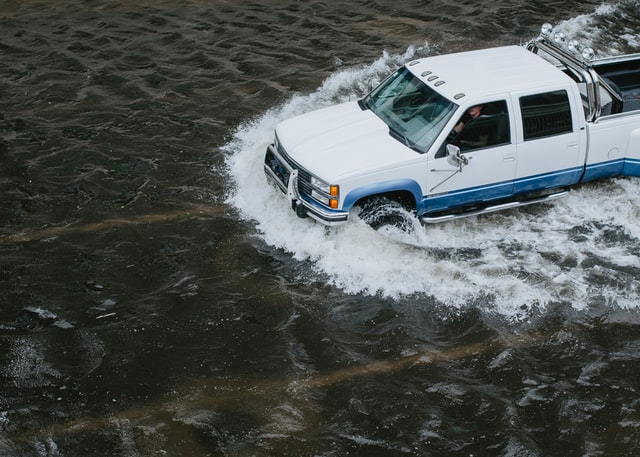Disaster Management centres across the province and emergency responders are on standby for the severe weather predicted for the Western Cape this coming week.
The South African Weather Services has advised that the province can expect very cold weather and disruptive snowfall over the high lying areas of Cape Winelands, Central Karoo and Garden Route Districts from the evening of Sunday, August 16 to Tuesday, August 18. The SAWS further projects heavy rainfall leading to localised flooding across the coastal regions of the province, from Cape Town to the Garden Route over the period.
The Minister of Local Government, Environmental Affairs and Development Planning, Anton Bredell, is urging members of the public to stay indoors and off the roads as much as possible.
“We want to make the public aware of the latest weather warnings and in particular, highlight the risks of being outdoors during these weather conditions. Avoid crossing rivers and swollen streams where water is above your ankles. In buildings, move valuables to a safe place above the expected flood level. In rural areas relocate animals to a safe place on higher ground.”
Bredell says the public should contact the relevant disaster management entities as quickly as possible should an emergency occur. “The easiest number to remember to call in an emergency is 112. This number can be dialed toll-free from any cell phone.”
In case of emergency other relevant numbers to call are:
Cape Winelands Municipality 021-886-9244 / 021-8874446
Garden Route District: 044 805 5071
Central Karoo: 023 449 8000
West Coast: 022 433 8700
Overberg: 028 425 1690
City of Cape Town: 107 landline or 080-911-4357
How Can I Prepare for a Flood?
– Identify the risk in your local area.
– Prepare a home emergency plan, and identify risks around your home.
– Remove leaves (from downpipes or gutters) or any other items that can increase the risk of flooding in your area.
– Have an evacuation plan. Everyone in your family has to know where to go to find shelter.
– Prepare an emergency toolkit. This should include a first aid kit, torch and portable radio with batteries, candles and waterproof matches, drinking water, a multi-tool, whistle and emergency contact numbers.
What Should I do during a flooding?
– Monitor current flood warnings. Listen to the radio for emergency warnings, evacuation advice and weather updates.
– Avoid entering floodwater unless it is necessary, and never underestimate the strength of floodwater, even if you are inside a vehicle.
– Follow all instructions from emergency authorities.
– Turn off all electricity and water and take your cellphone with you.
– Assist elderly and disabled neighbours.
What Should I do after the flood?
– Before entering your house, wait until the water has dropped below floor level.
– Check with electricity and water authorities to know whether it is safe for you to use these resources.
– Be aware of contamination if water sources have been flooded; this could be unsafe to drink.
Picture: Unsplash

